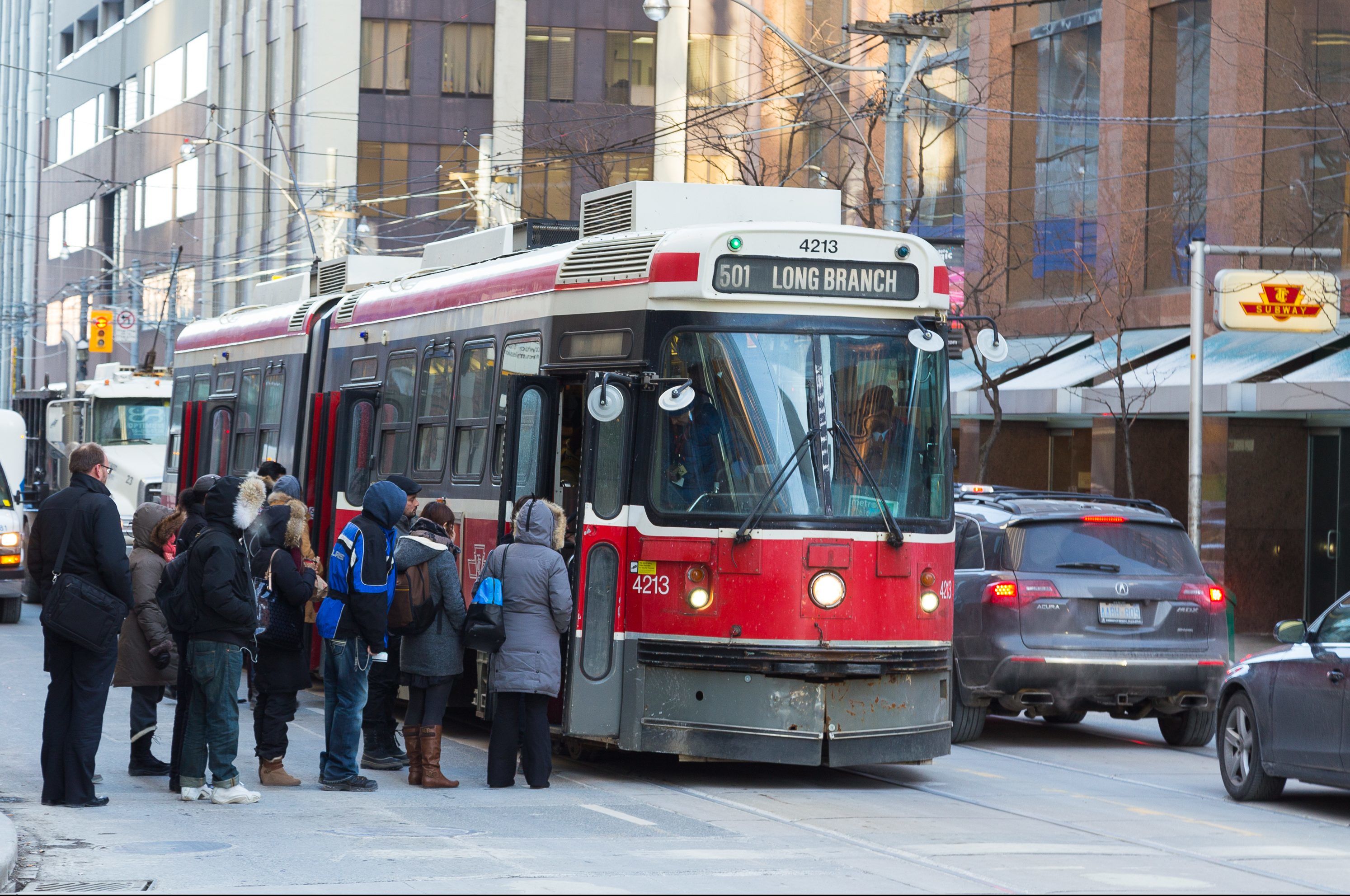People who add 20 minutes to their daily commute experience as much stress as those who receive a 19 percent cut in pay, according to new research by the University of the West of England (UWE).
British researchers found that people’s mental health worsened for every extra minute they spent traveling to and from work. The commute minimized their satisfaction with their job as well as with their recreational time.
Lead researcher Dr. Kiron Chatterjee, associate professor in travel behavior at UWE Bristol, told the Telegraph: “The findings indicate that longer journeys to work have adverse subjective well being effects, particularly through loss of free time.”
For example, an individual earning an average of $3,000 per month before taxes who spent 10 extra minutes commuting each day felt as much strain as someone making the same salary and getting a $565 pay cut.
A 2011 National Household Survey revealed that Canadians spent an average of 25.4 minutes commuting to work. Most (74 percent) traveled by car, truck or van. Bus riders took an average of 40.4 minutes to get to work, while subway users took 44.6 minutes, and train, rail, and streetcar passengers took 52.5 minutes.
According to the study, the largest drop in job satisfaction involved those who traveled far to work on buses. In contrast, walking to work and telecommuting increased job satisfaction. Those who rode bicycles to work felt healthier.
Longer commutes affect women more adversely then men, according to the study, likely because it’s “related to greater household and family responsibilities. Walking or cycling to work are positive options to address this for women, as these options are found to increase their leisure time satisfaction.”
Even though a person’s satisfaction with their jobs and leisure time decreased when they had longer commutes, according to Chatterjee overall satisfaction with one’s life did not drop because employees “take on longer commutes for good reasons relating to improving their employment, housing and family situations and these factors serve to increase life satisfaction.
“This does not mean that the negative subjective wellbeing impacts of longer commutes can be disregarded. The acceptance that a long commute is a price to pay may only persist if it is considered unavoidable and a social norm.”
Those least affected by long commutes include younger people and those earning lower incomes because they tend to believe long travel time to and from work is “unavoidable.”
Chatterjee concluded: “An important message for employers is that job satisfaction can be improved if workers have opportunities to reduce the time spent commuting, to work from home, and/or to walk or cycle to work – such commuting opportunities are likely to be good news for employee wellbeing and retention and hence reduced costs to businesses.”


